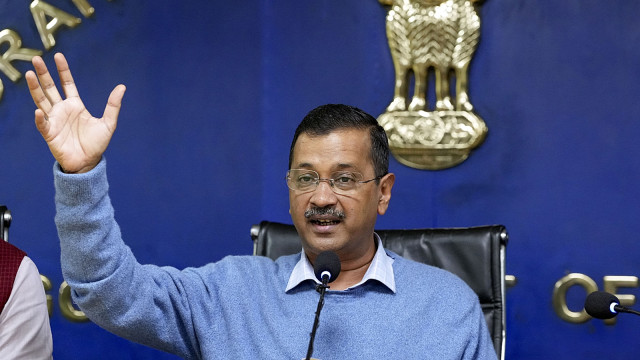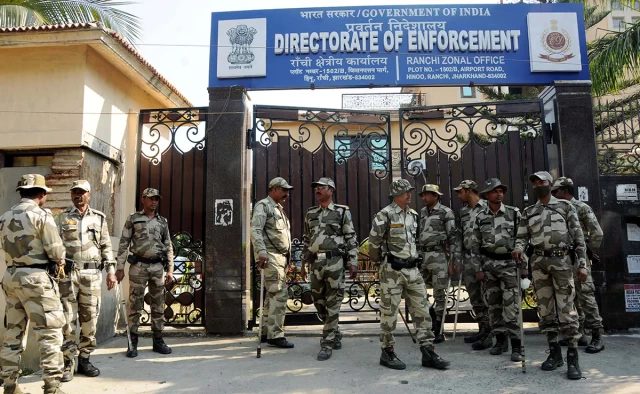Allahabad HC Rules: Husband Obliged to Support Wife, Even Unemployed, Can Work as Laborer
- Posted on January 28, 2024
- Legal
- By Arijit Dutta
- 371 Views
The Allahabad High Court mandates that an unemployed husband is duty-bound to financially support his estranged wife, even suggesting working as an unskilled laborer. The ruling dismisses claims of illness and financial dependency, emphasizing the husband's potential to earn, referencing the 2022 case of Anju Garg. (
 Image Source -www.opindia.com
Image Source -www.opindia.com
In
a significant ruling, the Allahabad
High Court, led by Justice Renu Agrawal, emphasized a husband's
responsibility to financially support his wife, even in the absence of job
income. The court insisted that the husband, if unemployed, could still fulfill
his duty by working as an unskilled laborer, potentially earning Rs 300-400 per
day.
The
decision stemmed from a revision petition filed by a husband challenging a
family court order that mandated him to pay Rs 2,000 per month as maintenance
to his estranged wife. The couple had married in 2015, but issues arose in
2016, leading the wife to file an FIR alleging dowry demands. Consequently, she
left their residence to live with her parents.
Despite
the husband's argument that his wife, a graduate, earned Rs 10,000 monthly from
teaching, the High Court found no supporting documentation. The court also
dismissed claims about the financial dependency of his parents and sisters,
asserting that the husband, in good health, was capable of earning through
physical labor.
The court, referencing the 2022 case of Anju Garg, maintained that even if the husband had no income, he remained duty-bound to provide maintenance. It directed the principal judge to take measures to recover the granted maintenance amount from the husband. The ruling stressed the husband's potential to earn as an unskilled laborer, highlighting the Supreme Court's stance on the matter.
Also Read: South African Sensation Steve Stolk Shatters Rishabh Pant's U19 Men's Cricket World Cup Record
The husband's plea, lodged on February 21, 2023, challenged the family court's decision based on Section 125 of the Code of Criminal Procedure (CrPC). The High Court's order disregarded the husband's claims of illness and his roles as a laborer, caregiver to parents and sisters, and an agricultural worker.




